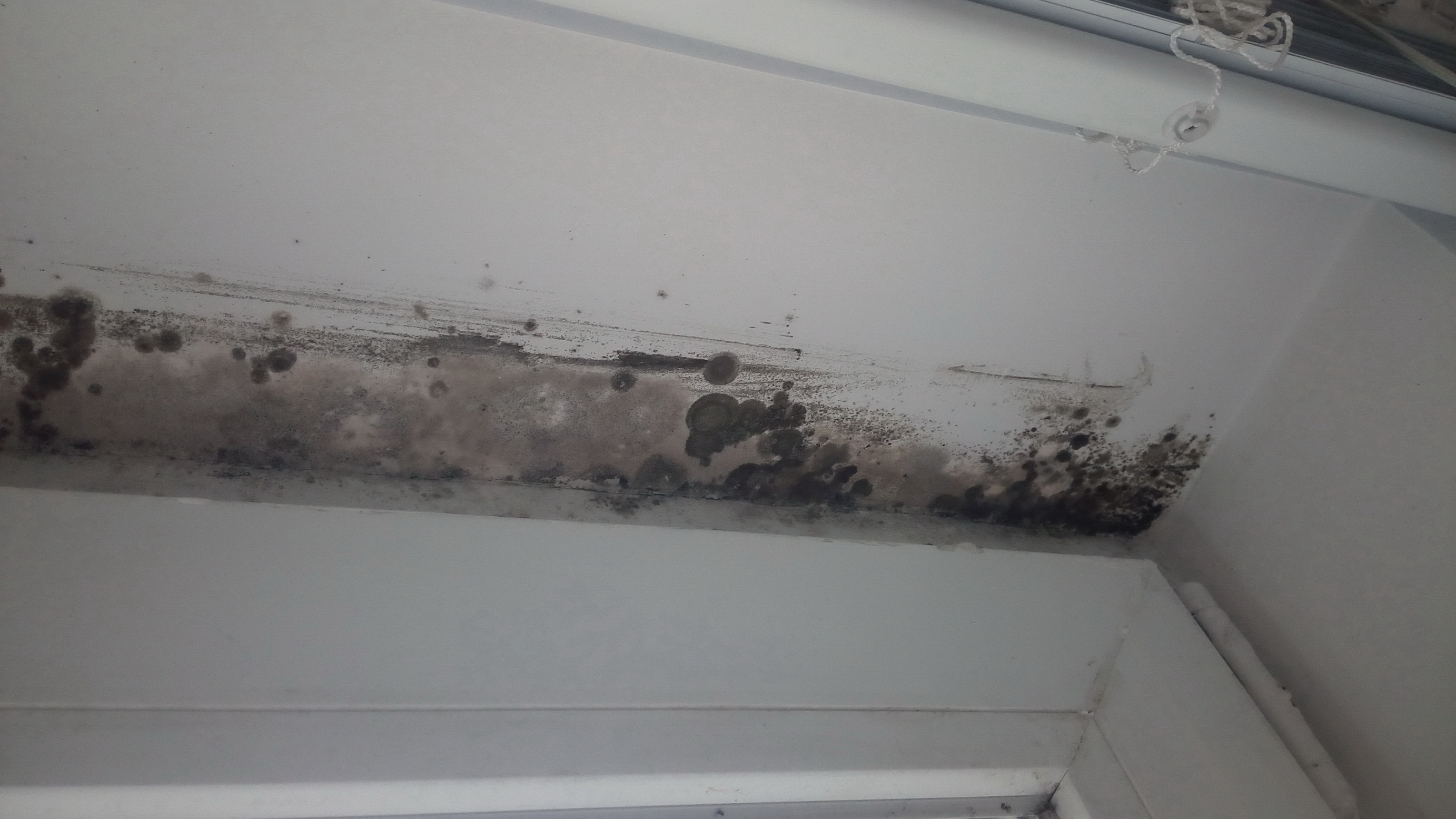Preventing and Dealing With Mold in Boston Apartments

Mold is a common issue that many Boston tenants face, especially in older apartment buildings. Moisture, humidity, and poor ventilation can create the perfect environment for mold growth. While some mold is harmless, others can lead to serious health problems like allergies, asthma, or respiratory infections.
Tenants need to know how to spot the signs of mold, take preventive measures, and understand when to report it to their landlord. Here's a comprehensive guide on preventing and dealing with mold in Boston apartments.
Identifying Mold in Your Apartment
Mold comes in various colors and textures, from black and green to white and fuzzy. Often, it grows in damp areas such as bathrooms, kitchens, and basements. Keep an eye on areas where moisture accumulates, including near sinks, bathtubs, windows, and areas with poor ventilation. You may also notice a musty smell in places where mold is hiding, such as inside walls or under carpets.
If you spot mold, take action right away. While small mold patches can often be cleaned up with bleach or other mold-killing agents, extensive mold growth might indicate a larger moisture problem, such as a leak that requires immediate attention.
Preventing Mold Growth
Prevention is key to avoiding mold in your apartment. Here are a few steps you can take to keep mold at bay:
- Control humidity: Use a dehumidifier, especially during Boston's humid summer months. Keep humidity levels below 50 percent indoors.
- Ventilate properly: Make sure your bathroom fan is running during and after showers, and open windows whenever possible to promote air circulation.
- Fix leaks promptly: Report any leaks to your landlord immediately. Water from leaky roofs, pipes, or windows can create ideal conditions for mold.
- Clean regularly: Keep your apartment clean and dry, especially in moisture-prone areas. Regularly cleaning your bathroom and kitchen with mold-killing products can prevent mold from forming.
- Watch out for condensation: Condensation on windows or walls can signal a potential mold issue. Find out where the moisture is coming from and wipe them down.
When to Report Mold to Your Landlord
If you discover mold in your apartment, it's important to notify your landlord as soon as possible. Under Massachusetts law, landlords are responsible for maintaining habitable living conditions, which includes addressing mold-related problems. Document the mold with photos and written communication, and give your landlord reasonable time to fix the issue.
If your landlord doesn't respond or takes insufficient action, tenants have options. You may file a complaint with the local health department or seek legal advice, especially if the mold poses a health risk.
What to Do If Mold Becomes a Health Hazard
When mold issues lead to serious health problems, such as respiratory issues or allergies, tenants may need to take legal action to hold their landlord accountable. A Boston jury law firm can assist tenants in navigating the legal complexities surrounding landlord liability. Landlords who neglect to address mold problems may violate state health codes, giving tenants grounds to seek compensation.
If mold in your apartment has become a significant health concern, acting quickly is crucial. Start by visiting a doctor to document any health effects linked to mold exposure. If the landlord fails to fix the mold problem, you may need to consider temporarily moving out, especially if the mold is widespread and toxic.
You may need to explore legal remedies to ensure your safety and well-being in severe cases. Whether it's a health-related concern or a landlord neglecting their duties, tenants in Boston have the right to safe, habitable living conditions.
Stay Proactive, Stay Healthy
Early detection and regular maintenance are key to keeping your Boston apartment mold-free. Knowing your tenant rights can make all the difference if mold issues arise and your landlord doesn't respond adequately. Mold is more than an inconvenience; it's a health risk, and tenants deserve safe, mold-free living environments.